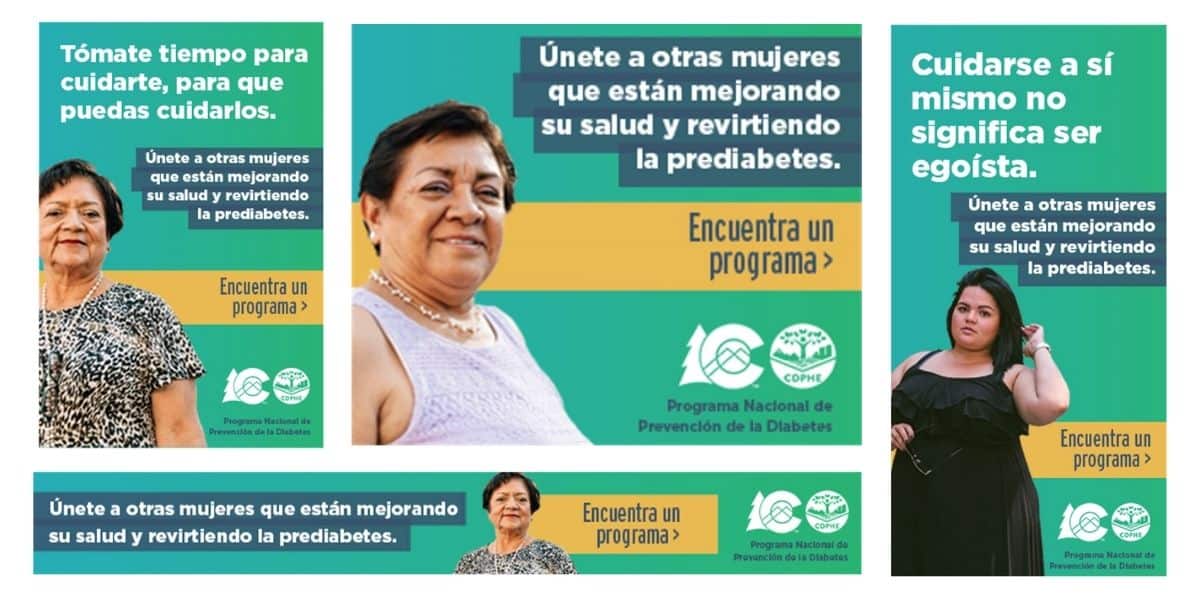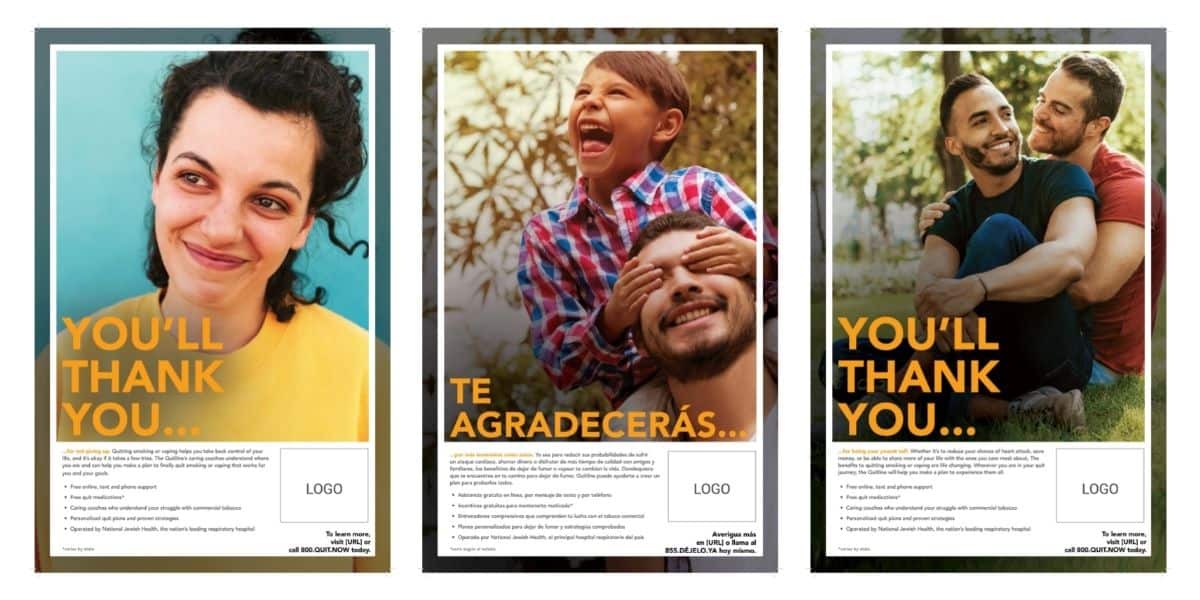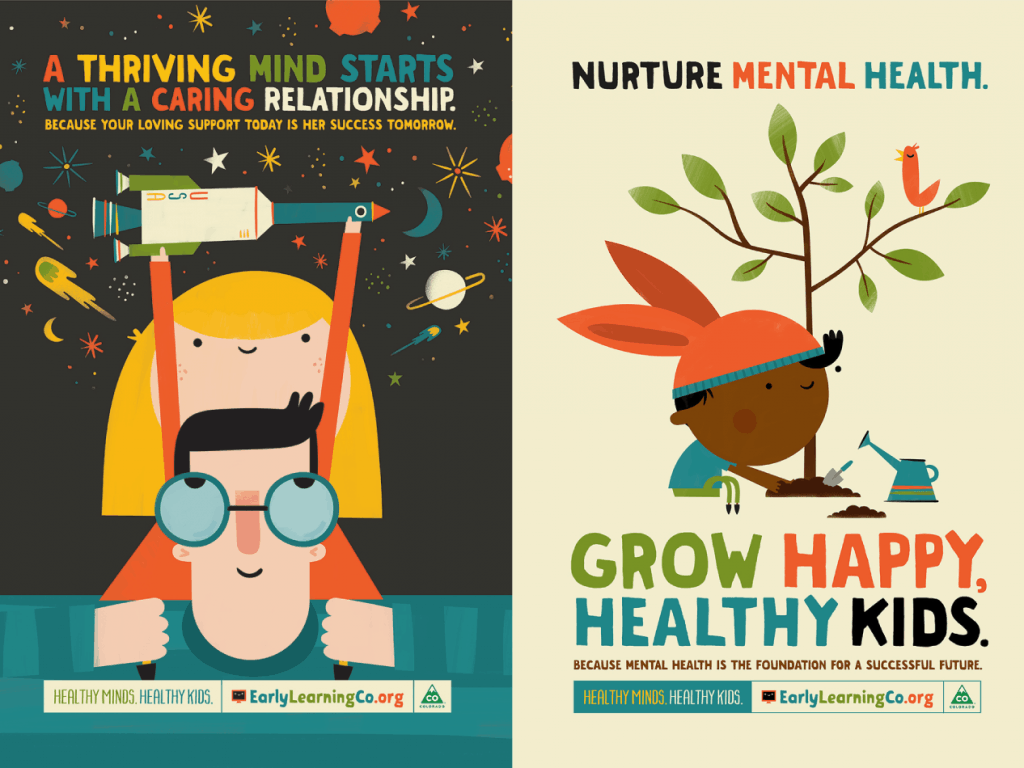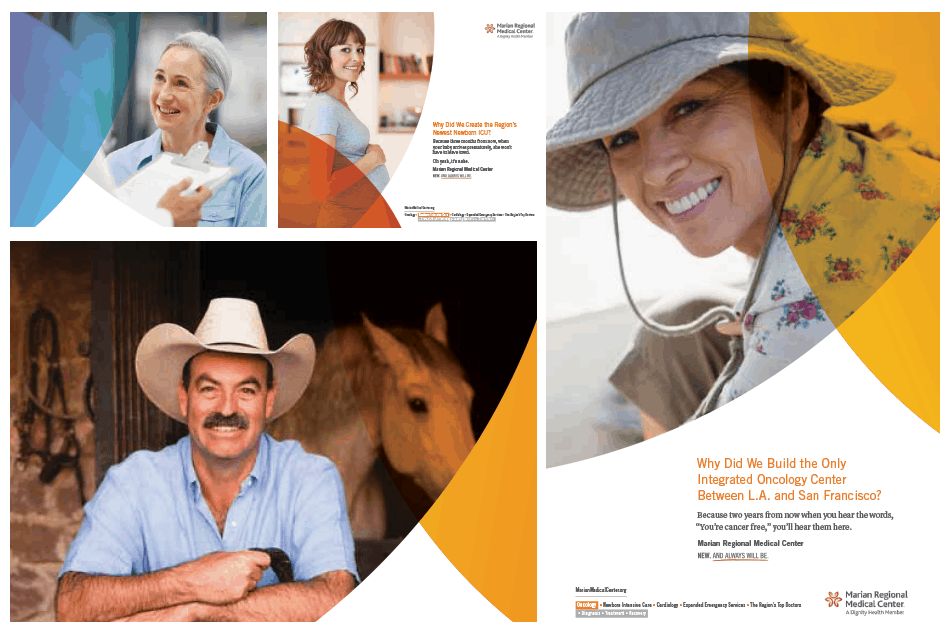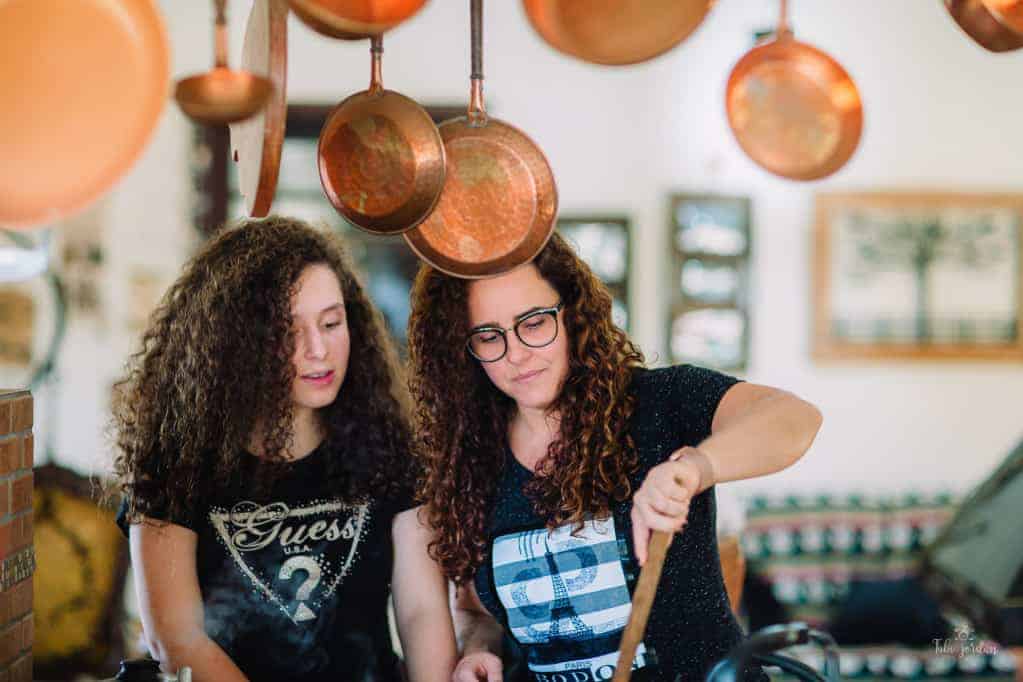
Unprecedented. Postponed. Rescheduled.
When talking with youth and parents across Colorado this year, I realized that prefixes have swelled in our vocabularies as we start to bisect life into the categories of pre- and post-pandemic.
Our communications agency — one that is focused on issues related to behavior change and social impact — conducted phone interviews in early 2021 to hear how the pandemic was affecting relationships for youth. We asked about both their friendships with their peers and their connections to parents and other trusted adults.
In these interviews, we heard the prefixes abound: youth and parents were overwhelmed, overburdened, under-resourced and — as a result — disconnected from others.
Thanks to a preventative campaign focused on teen relationships, we were poised to help.
The Forward Together campaign, an initiative launched by the Colorado Department of Public Health and Environment (CDPHE) and Colorado Department of Human Services (CDHS), launched in 2020 to help young people feel more connected – to peers, parents, and other trusted adults.
The campaign takes a preventative approach to a variety of health outcomes for young people. Research shows that youth who are connected to positive relationships are less likely to smoke, drink, vape, use marijuana, or have feelings of depression.
After hearing this year from teens and families about the relational challenges they experienced during the pandemic, we had a deepened sense of urgency and a strengthened conviction about the correlation between youth connectedness and youth health.
By investing in deeper, healthier relationships for youth today, this campaign aims to prevent negative health outcomes in the future.
Here are three things we learned in our research this year — and how we are trying to chip away at the challenges.
1 | Lean into the nuance
We heard that many young people lost contact with friends and peer acquaintances during the height of the pandemic in 2020. Most adults nationwide reported similar experiences.
But our conversations revealed that this narrowing wasn’t all negative. The friendships that youth did maintain grew deeper. In fact, youth said it often takes just one positive relationship to impact a young person for the better.
We heard from Abel, a teen who was preparing to join a gang until a mentor intervened. This mentor helped him get into boxing and, in the process, Abel found friendships that were far more genuine than what the gang offered.
We talked to Sahara, a teen who went through a gender transition during the height of the pandemic. She was relieved that the pandemic gave her a break from her old social circles and let her start anew. After connecting online with an LGBTQ+ youth organization, Sahara deepened a few friendships where she felt the most accepted.
Indeed, many youth of color and LGBTQ+ youth we talked to said that at-home learning was a welcomed reprieve from feeling unaccepted at school.
We are telling these youth stories through our campaign, and normalizing these nuanced experiences in the process.
As young people see that relationships come with their ups and downs, they are more likely to take a chance on connection — and a healthier future.
2 | Equip parents and mentors
During our interviews, we also learned that adults had to navigate unforeseen challenges during the pandemic — like becoming their child’s “teacher”, or fielding questions about social justice issues. For parents with fewer resources, issues like food and housing insecurity weighed heavily on them, and created stress in their families, too.
But overall, parents really stepped up to try to be there as best they could. They just needed the right support.
Rather than preaching a list of “shoulds” to add to parents’ already lengthy to-do lists, the Forward Together campaign is providing parents with easy, specific ideas on how to deepen their relationships with teens.
Youth who feel more connected to parents report lower levels of depressive symptoms, suicidal ideation, non-suicidal self-injury, and challenges with behavior. Youth who feel connected to parents or adults also report having higher self-esteem and more confidence maintaining a variety of hobbies and relationships in their free time.
Ultimately, we hope to equip parents and other adults who support teens with the tools they need to engage teens — and normalize that it’s a learning process for everyone.
We share tips in a variety of formats — from both experts and real parents. We share social media content that’s digestible for parents on the go. We host Facebook Live events for a deeper dive on important topics.
We’re tackling questions like, “How do I respond to my teen’s frustration and anger?” and “How do I help my teen navigate tough emotions?”
We’re also telling the stories of real parents through paid media. We heard from Estevan, the mentor who helped Abel turn his life away from gang violence. We heard from Christine, Sahara’s mom, who admitted that she didn’t always get it right when it came to supporting her child through her gender transition.
But in both cases, these adults kept trying — and that made all the difference.
3 | Progress over perfection
A theme has emerged as we have talked to and created media for both parents and youth: Growth and progress in relationships matters far more than always getting it right.
The Forward Together campaign uses a Positive Youth Development model — an approach that sees youth as full of potential rather than overwhelmed by problems that need to be solved. It also promotes the idea that adults can make significant and positive differences in young people’s lives by focusing on enhancing the positive qualities adolescents already possess.
There is growing evidence that adding these principles in youth-serving programs can be particularly effective when working with vulnerable and underserved adolescents, including those who are part of racial/ethnic minority groups.
Through the Forward Together campaign, we champion progress over perfection for all audiences, letting parents know that their effort and presence can go a long way, and encouraging teens to keep giving friendships a chance, even through discouragement.
The relational challenges we all experienced during the pandemic were felt in deeper and more acute ways by teens and the adults that support them — especially in rural and marginalized communities.
By hearing their real, nuanced stories, and normalizing the learning process for everyone, we’re helping parents and teens take small steps toward connection. And those small steps might just lead to big shifts in the future.


